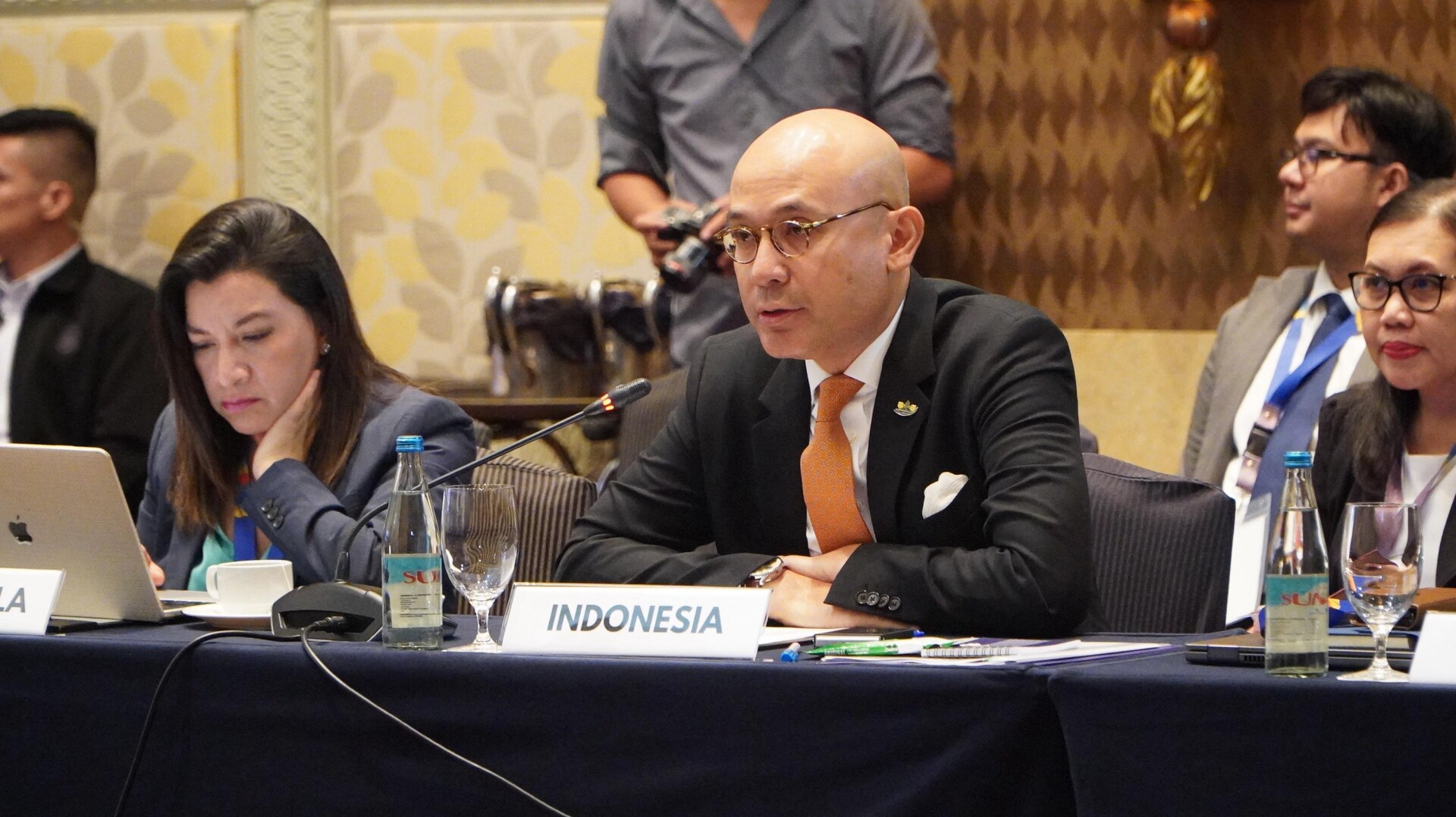Indonesian Vice Minister of Foreign Affairs, Arrmanatha Nasir, has called for stronger solidarity and trade cooperation among Middle-Income Countries (MICs) during the High-Level Conference of Middle-Income Countries held in Manila, the Philippines, on Tuesday, April 29.
“In the midst of global fragmentation, Middle-Income Countries must not be swayed. Instead, they must take the lead in shaping a fairer, more inclusive, and sustainable world,” said Arrmanatha, also known as Tata, according to a statement from the Indonesian Ministry of Foreign Affairs on April 30.
He highlighted the rapidly changing global landscape marked by intensifying power rivalries, growing protectionism and trade wars, as well as attempts to undermine multilateral systems.
Three Strategic Priorities for Middle-Income Countries
Tata laid out three strategic steps that MICs should prioritize. First, he emphasized the importance of building concrete collaborative platforms through South-South cooperation, harmonized development policies, and broader access to global financing.
Second, he urged reform of the multilateral system to better reflect the realities and aspirations of today’s developing countries. “Only with a strong, rules-based multilateral system can MICs truly thrive,” he asserted.
Third, he encouraged increased intra-MIC trade, noting that these nations now contribute over 57 percent of the global GDP—a powerful collective force that should be maximized.
Tata also highlighted Indonesia’s development progress, showcasing its resilience in the face of global uncertainty. He attributed this to Indonesia’s structural reforms, sound fiscal management, and commitment to integrating the Sustainable Development Goals (SDGs) into national policies.
Indonesia’s Ongoing Commitment to Sustainable Growth
“Indonesia remains committed to sustainable development despite global turbulence,” said Tata.
Between 2014 and 2024, Indonesia maintained an average growth of around 5 percent, reduced poverty to 8.57 percent, improved income distribution, and expanded national health insurance to over 90 percent of its population. The country also achieved a $90 billion digital economy and fostered 10 unicorn startups.
“This is the result of deep reforms, prudent fiscal management, and a strong political will to embed the SDGs into our national development agenda,” he explained.
He further emphasized the importance of a supportive global environment rooted in strong multilateral institutions, international solidarity, and rule-based cooperation.
Middle-Income Countries as Global Growth Drivers
“Middle-Income Countries are not nations-in-waiting. They are engines of growth, hubs of innovation, and vital partners in building a fair, resilient, and sustainable global future.” Tata emphasized, as quoted by voi.id.
During the conference, Tata also held bilateral meetings with representatives from the Philippines, Namibia, and the UN Development Coordination Office for Asia-Pacific to discuss enhanced strategic partnerships and current geopolitical dynamics.
The High-Level Conference, chaired by Philippine Foreign Minister Enrique Manalo, was attended by 16 countries, various UN agencies, and key global development stakeholders. It also marked the historic first time the conference was held in the Asia-Pacific region, with the Philippines officially taking over the chairmanship of the Like-Minded Group on Middle-Income Countries from Morocco.
Tata concluded by warning of the risks if MICs fail to act decisively. “If MICs cannot halt the current decline, over 100 nations representing 75 percent of the global population may become trapped in the middle-income trap, marked by high inequality, persistent poverty, slow growth, and unsustainable external debt,” he stated, as quoted by msn.com.
Source: kemlu.go.id, antaranews.com, voi.id, msn.com
Special Photo Credit: kemlu.go.id


